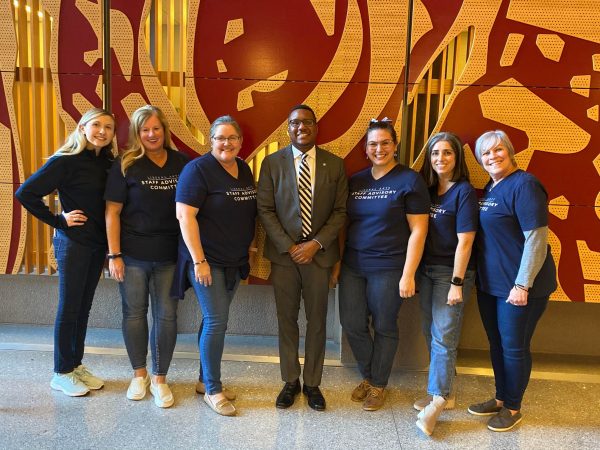
Cornerstones of Excellence
Great people are the foundation upon which any great college is built. World-class faculty examining our past through a variety of lenses to help shape our present and create a better tomorrow for everyone and preparing future scholars to do the same; outstanding, dedicated staff keeping alumni connected to their alma mater while providing students with the support and resources they need to be successful—these are the fundamental cornerstones of excellence.
Our Liberal Arts community is comprised of talented individuals who support each other and work together to make the college, Penn State, and the world in which we live even better. We invite you to be part of that community—and learn more about ourselves and each other in the process.
Supporting Our Faculty
The college’s Office of Faculty Affairs and Advancement exists to support and enhance the professional development of Liberal Arts faculty. The office hosts a variety of workshops, mentor programs, and other initiatives aimed at cultivating and promoting career development for all members of our diverse faculty throughout their careers.
Mentoring enhances professional success and supports the career advancement of all faculty, but is particularly important for early and mid-career faculty. Effective mentoring fosters social connections, expands professional networks, improves research skills and productivity, invigorates pedagogical practice, and promotes a sense of community among all faculty who participate (including mentors)—making mentoring especially crucial as we begin to establish some sense of normalcy after the isolation and disruption of the COVID-19 pandemic. By improving the working environment in the institution, mentoring also promotes the recruitment and retention of faculty and enables them to do their best work.
The Midcareer Faculty Advancement Program in the College of the Liberal Arts is a resource focused on the experiences of new and senior associate professors. Its purpose is to offer greater transparency on the role and expectations of the associate professor rank, clarify and facilitate the path toward the next promotion, and build a stronger community of care and intentional support for this group of faculty.
MFAP leadership consists of a team of College of the Liberal Arts professors who work in collaboration with the Office for Faculty Affairs and Advancement. They have created and offer a set of resources that include the following:
Annual professional and career development workshops
Professional and social networking opportunities (open to all faculty)
Professional coaching to facilitate the navigation and balance of career, everyday work, and life (open to all faculty)
MFAP resources are available to all faculty, regardless of title and rank. Our program is an expanded version of the successful University-wide 2020-2023 pilot that was implemented by the College of the Liberal Arts and the Office of the Vice Provost for Educational Equity. At present, it is a resource that is only available in the College of the Liberal Arts.
F3 is a two-year mentoring and professional development program that facilitates the external funding success of faculty in the College of the Liberal Arts. We are fortunate to have many successful grant-active faculty in the college. To continue and expand on this record of success, we must ensure that junior faculty enter the ranks of grant-funded researchers in ways that support their research agendas, promote the wellbeing of their department and the college, and contribute to the research mission of the University. To achieve these goals, the college created F3 more than a decade ago.
Weekly facilitated writing groups that support the writing practices and scholarly productivity of faculty in the College of the Liberal Arts. The Faculty Writing Program enables faculty to secure dedicated time each week for scholarly research and writing, supports the development of productive writing skills, and fosters a community of writers.
Sessions throughout the year to support faculty at all stages of their professional career.
- Orientation luncheons for new tenure line and non-tenure line faculty
- New Untenured Faculty Workshops
- New Department Heads Workshops
- Promotion and Tenure Workshops:
- Promotion and Tenure Workshop for Untenured Faculty
- Non-Tenure Line Faculty Promotion Workshop
- Narrative Statement Workshop
- Associate to Full Professor Workshop
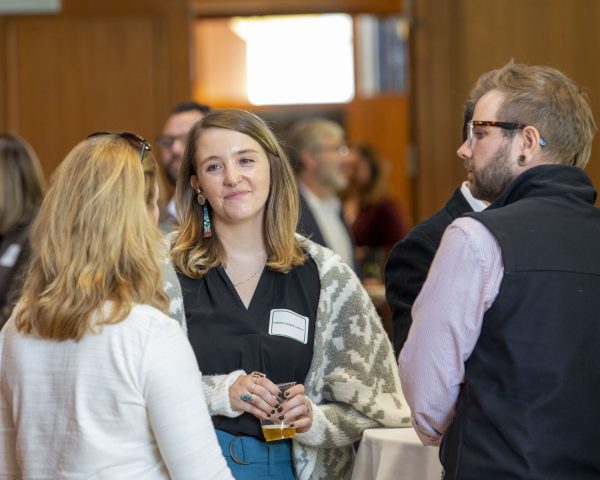
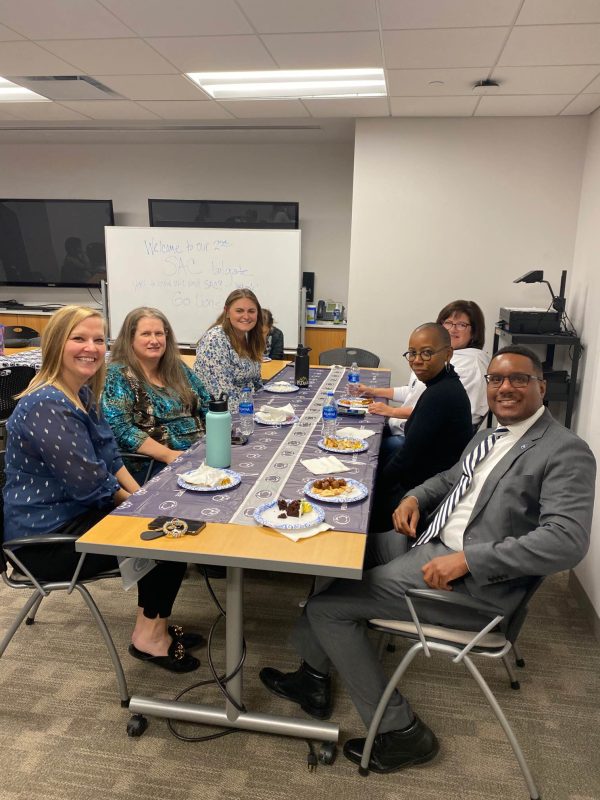
Supporting Our Staff
There are a host of resources and support available to help staff grow personally and professionally, and to help our community thrive–including the college’s Office of Human Resources and committees, Penn State’s Office of Human Resources and Learning Resource Network, and an array of college- and University-level wellness and DEIB resources.
The Staff Advisory Committee seeks to enhance the work environment, improve processes, develop best practices, better utilize resources, promote professional development and growth, and encourage interunit communications within the college.
The University’s Office of Human Resources is a vital source of information for prospective and current employees alike.
Awards
The college is proud to sponsor more than sixty awards recognizing faculty and staff for outstanding leadership, service, and performance. Many of these awards come with monetary prizes, and winners are recognized at annual awards ceremonies.
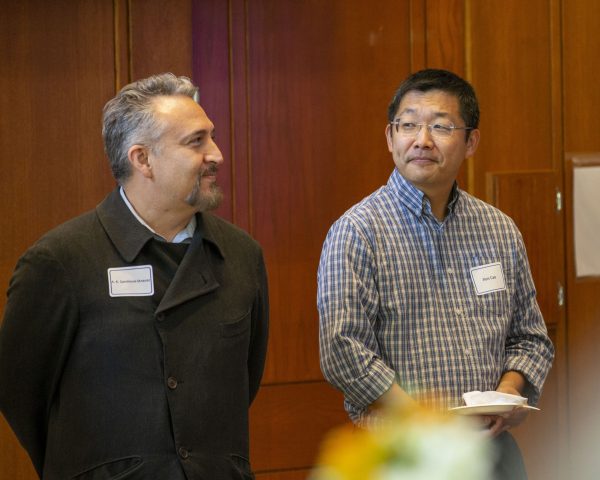
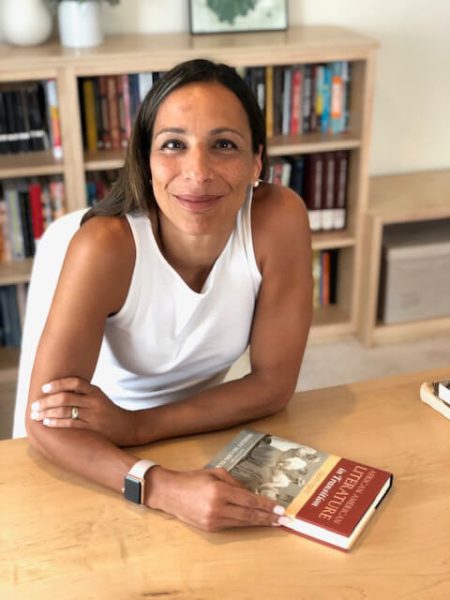
Shirley Moody-Turner
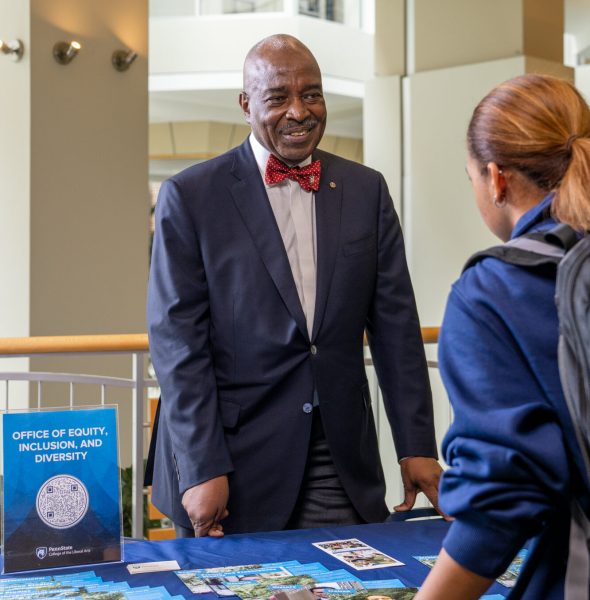
Earl F. Merritt
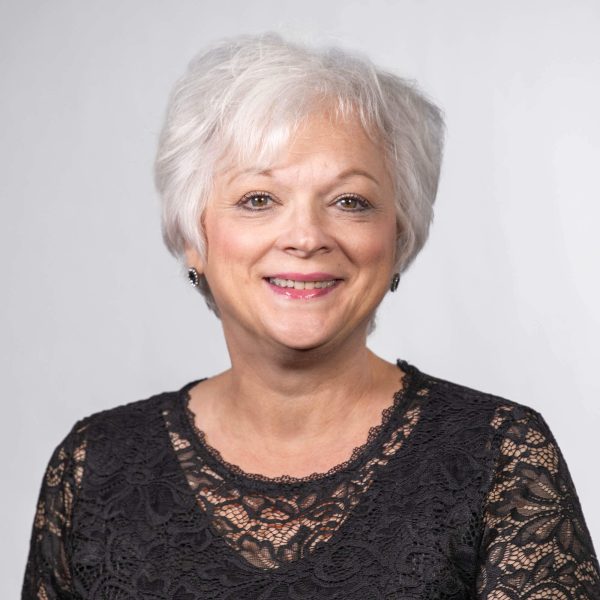
Susan Johnson
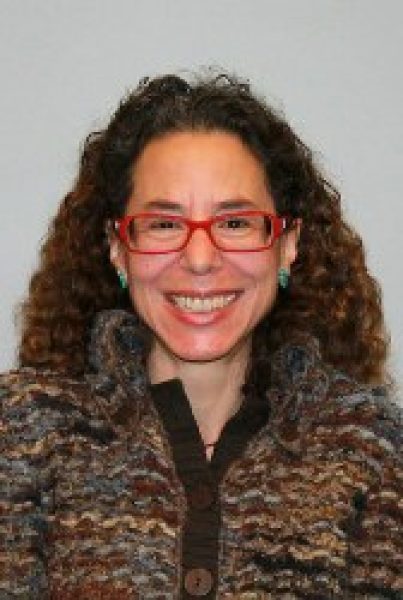
Rena Torres Cacoullos
Diversity, Equity, Inclusion, and Belonging
The college strives to increase diversity and fully include members of underrepresented groups among our faculty and staff. Diversity in our employees enhances overall creativity, intellectual pursuit, and accomplishments, and contributes meaningfully to the training of citizens in a democratic society. The qualities that people from diverse backgrounds bring to institutions of higher education help us think more complexly, consider varied perspectives, create new approaches, and achieve excellence as community members and leaders in an ever-changing world.
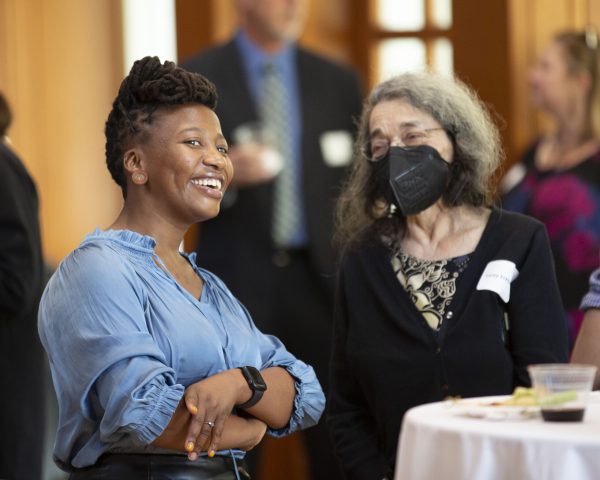
Upcoming Faculty and Staff Events
Research
The College of the Liberal Arts is home to twenty-one cross-disciplinary centers and institutes that promote scholarly collaboration, outreach, and student engagement. The centers are equipped with the resources to bring their research and scholarship into the public domain, helping to inform practitioners and policy makers well beyond Penn State.
The Office of Research and Graduate Studies (RGSO) in the College of the Liberal Arts assists faculty in submitting grant proposals and managing grant and contract funding. They are especially committed to showing faculty new to the grant writing process how easy and rewarding it can be.
Research Support
RGSO is a customer-focused, user-friendly office. They work with faculty, postdocs, and graduate students in a number of ways.
- Proposal preparation and submission: This includes securing cost sharing, assisting with proposal preparation and submission, ensuring proposals meet agency guidelines, reviewing proposals for grammar, obtaining required signatures, and making budget revisions if requested by funding agencies.
- Managing grant funds and ensuring compliance: RGSO also tracks cost sharing, monitors academic year salary distributions to grants, manages account termination and closeouts, and assists departmental personnel in the interpretation of uniform guidance and sponsors’ terms and conditions.
- Other services: RGSO notifies faculty of important changes in federal grant policies, provides grants and contracts training to departmental staff, provides startup funds to junior faculty, hosts the annual Researcher Appreciation Reception, and more.
The College of the Liberal Arts provides funding to faculty to help them advance their program of study through significant and substantial research projects. Available internal funding opportunities include:
- Start-Up Funds
- Promotion and Tenure Research Funds
- External Funding Recognition Award for Faculty
- Plus additional funding opportunities through the University, including the Humanities Institute, the Social Science Research Institute, and the Survey Research Center
Liberal Arts faculty interested in external funding opportunities can work with the Office of Grants and Contracts. The office is committed to adding value to grant proposal preparation and grants management for research project principal investigators (PIs) and to enhancing the growth of sponsored programs research in the College of the Liberal Arts and the University.
To contact us, please email raz11@psu.edu or drop by 118 Moore Building. For more information, current Penn State faculty, staff, or students can visit the Administrative Gateway.
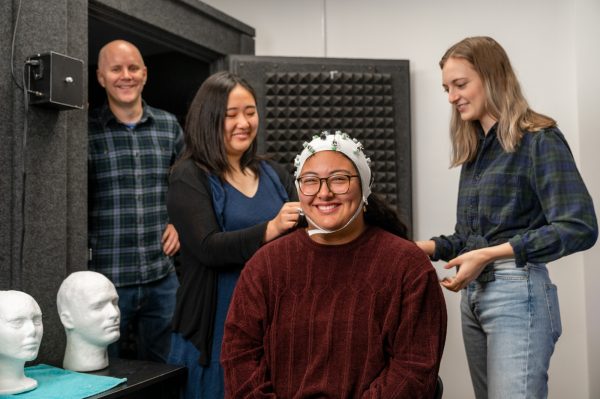
Matthew Restall

Adrian Wanner

Jeffery Ulmer

Suzanna Linn

Jacob Holland-Lulewicz

Eric Plutzer and Michael Berkman

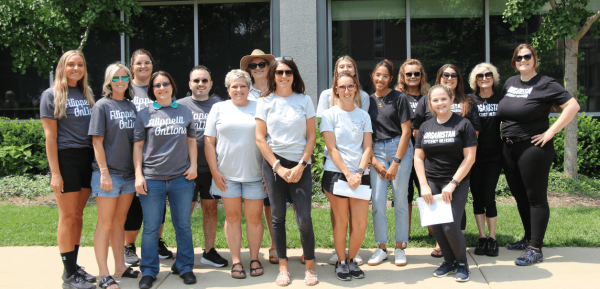
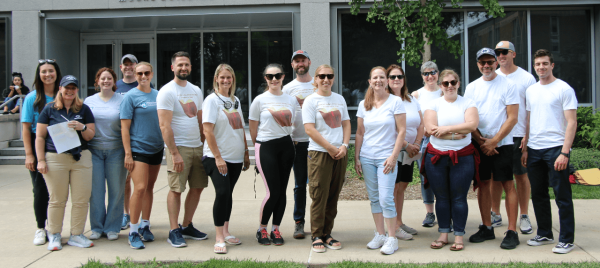
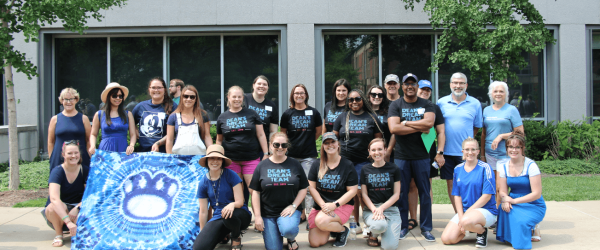
Get Involved
The college’s Sustainability Council seeks to advance the understanding and resolution of sustainability challenges on campus, in our communities, and around the world. It does so by integrating sustainability into the college’s educational, research, and service pursuits—integrations which:
- Facilitate stronger training for undergraduate and graduate students
- Develop participation and leadership in sustainability scholarship at Penn State and the larger academic community
- Support University efforts to achieve sustainable practices
The college’s United Way Committee strives to improve the quality of life of those in our local communities and to energize and inspire faculty and staff in our college to improve the quality of life for those in our local communities. The committee hosts a variety of fundraising events throughout the year, including the annual Office Olympics.
The Theme Steering Committee guides the planning and implementation of the college’s “Moments of Change” initiative—a project that brings Penn State students, faculty, staff, and alumni together to explore what it means to live through historic and contemporary times of change.
The current theme—Creating a Livable Planet—focuses on the many aspects of sustainability and highlights the ongoing work of the Liberal Arts Sustainability Council, students, faculty, staff, and alumni in that regard. Similar to previous themes—Remembering 1968 in 2018 and A Century of Women’s Activism in 2020—the college will offer an array of courses, lectures, presentations, and events centered around the Creating a Livable Planet theme.


